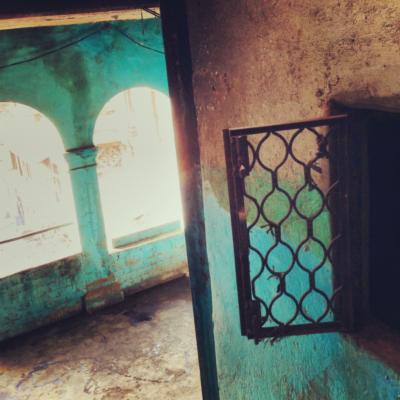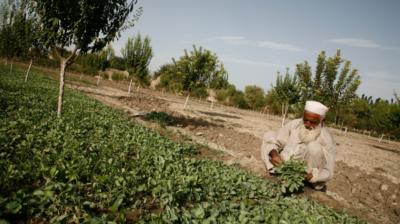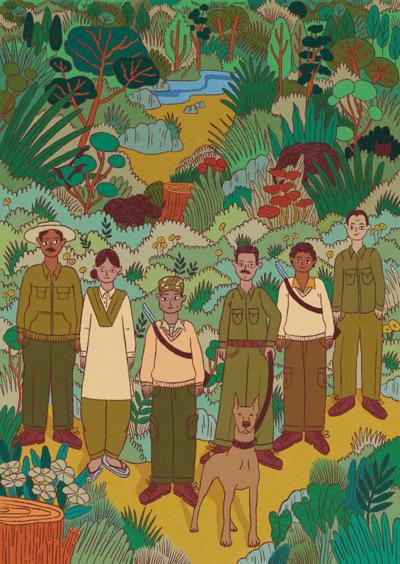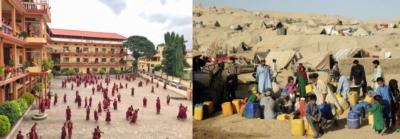Anwesha Dutta
Current projects
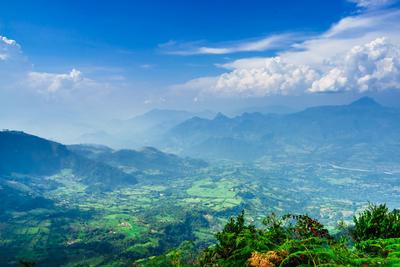
Support to Norad's Department of Climate, Nature and the Private Sector
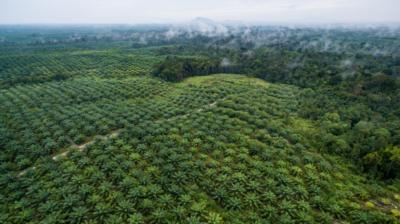
Conflict Enclosures
Completed projects
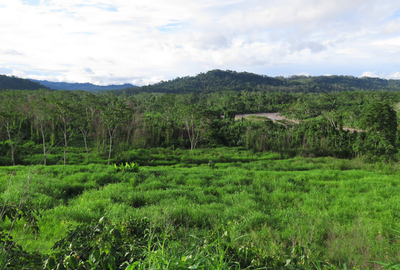
Norad Evaluation of REDD+ Civil Society Support
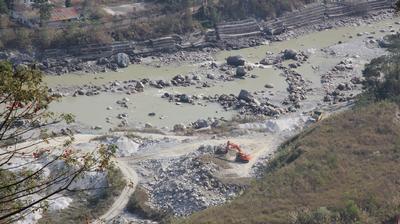
The political economy of river sand mining in South Asia
Shortcuts to categories: Journal Articles Book Chapters CMI Reports U4 Publications Other Publications Newspaper Op-Eds Newspaper Articles Popular Presentations and Lectures Blog posts
Journal Articles
Book Chapters
Other Publications
Popular Presentations and Lectures
Political Ecologist using ethnographic methods ,focusing on environment, notably ecology approaches to forestry, wildlife conservation, resource extraction and governance
Anwesha has a PhD in Conflict and Development Studies from Ghent University, Belgium. Her PhD research focused on political ecology of resource extraction, conservation and livelihoods in the reserved forests on the India-Bhutan borderlands in Assam, Northeast India. During her doctoral research she explored the intersection between (violent) ethnic conflict and environmental/biodiversity conservation.
She has been a visiting researcher at the Dept. of Anthropology at Yale University, U.S.A, the Dept. of Anthropology, Aarhus University, Denmark and Dept. of Humanities, La Trobe University, Australia
She has a Masters in Social Work from the Tata Institute of Social Sciences, Mumbai, India with a specialization in caste and tribe studies.
She is the principle investigator on an NFR (NORGLOBAL) project, "Prioritising the Displacement-Environment Nexus: Refugee and IDP Settlements as Social- Ecological Systems." The project uses a multidisciplinary approach using remote sensing, historical and ethnographic approaches to study long term ecological associations of refugee and IDP settlements in Kabul, Afghanistan and Karnataka, India.
She was part of an USAID funded project called "Targeting Natural Resource Corruption (TNRC)" with research in Kenya and Uganda.
She leads the India work package on an NFR (UTENRIKS) project titled, "The political economy of river sand mining in South Asia: A commodity chain approach", in the Ganga-Brahmaputra-Meghna basin.
She is also enagaged in a Swedish Research Council (FORMAS) project,"Impacts of the COVID-19 Pandemic on Forest Resource Use by Rural Communities in India".
More recently she was awarded the researcher projects for Young Talent grant by the Norwegian Reseearch Council for a project titled, "Conservation Labor: A New Frontier in Labor Theory and Conservation Science (CONLAB)" with field sites in India and Tanzania.
Anwesha has extensive experience working with multidisciplinary research teams combining natural and social sciences methods in areas of biodiversity conservation, displacement ecologies with fieldwork in rural India, Kenya, and Mexico.


